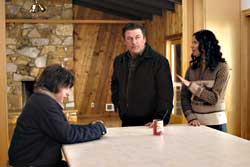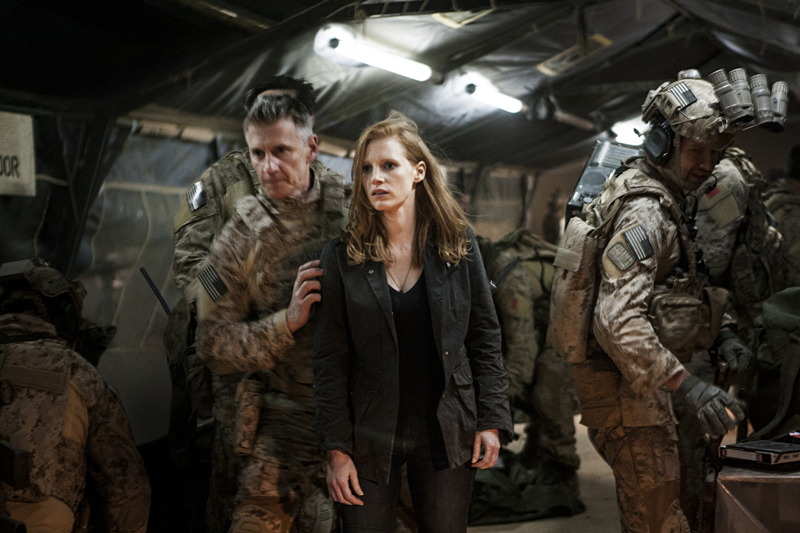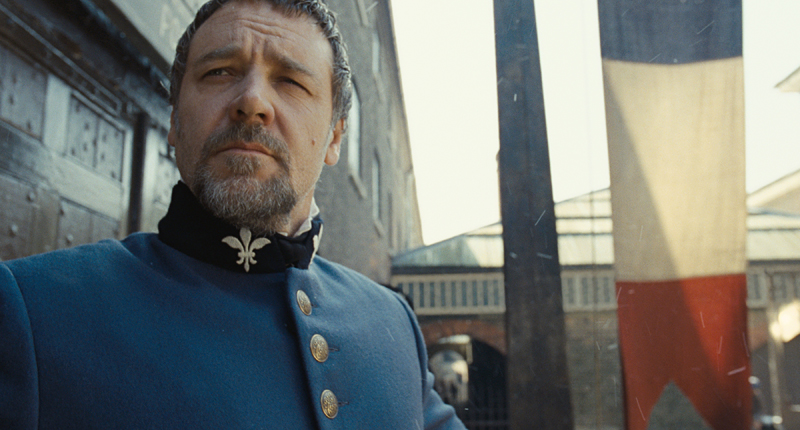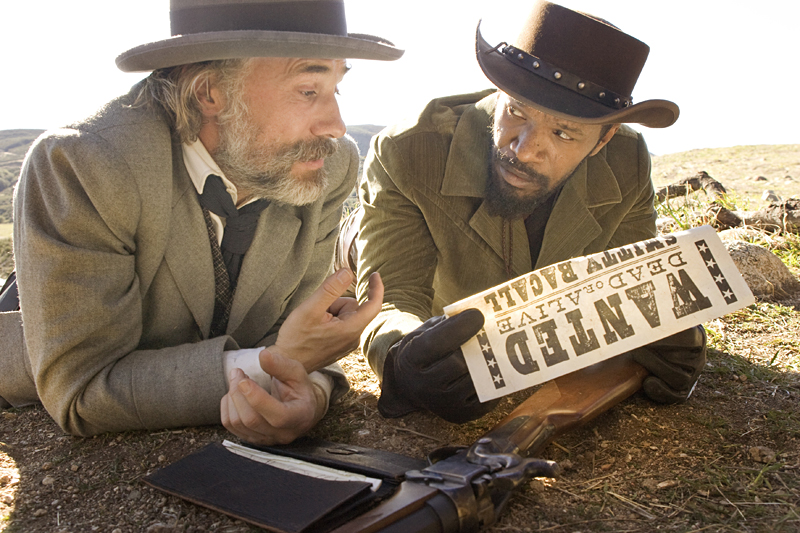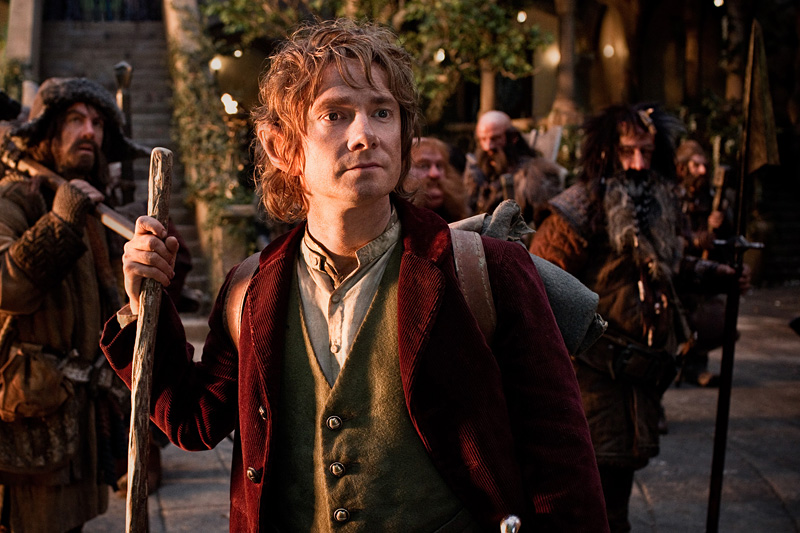There’s nothing new under the suburban sun (save for infectious ticks) in Derick Martini’s Lymelife, whose weighty allegorical title and fastidious 1970s accoutrements aim to do for beer-and-pretzels Long Island what Ang Lee’s The Ice Storm did for tony, key-party Connecticut. Dad (Alec Baldwin) is shtupping the secretary (Cynthia Nixon); mom (Jill Hennessy) pretends not to notice; eldest son Jimmy (Kieran Culkin) is about to ship out to the Falklands War (the movie’s handy Vietnam/Iraq surrogate); and 15-year-old Scott (Rory Culkin) feels his first pangs of lustful desire in the direction of the neighbor girl (Emma Roberts) whose father (Timothy Hutton) is suffering the debilitating effects of Lyme disease. Adding insult to irony, Baldwin is a real-estate developer, peddling picture-postcard views of the American dream while watching his own slowly implode, just as Hennessy discovers that all the bug spray and duct-taped pant legs in the world can’t ward off the bite of disillusionment and self-deception. Hutton, meanwhile—a bedraggled figure in pajamas and ever-present hunting rifle (at one point, he communes with a deer, a la Helen Mirren in The Queen)—seems to be transformed by illness into a truth-telling seer. Given how steeped it is in symbolic portent, Lymelife proves surprisingly watchable from moment to moment, thanks to the uniformly fine playing (particularly of the Culkin frères), evocative production design (by Kelly McGehee), and handsome widescreen photography (by Frank Godwin). If only its substantial craft and atmosphere were matched by an equally compelling reason for being.
Lymelife: Alec Baldwin Travels Back to the 1970s
